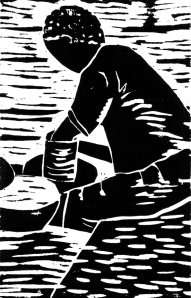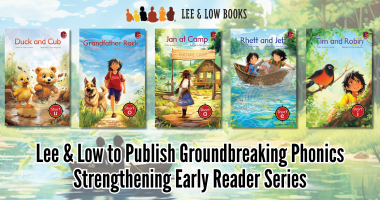Tonight marks the first night of Passover, so I thought I’d share a bit about what the holiday celebrates and what it means to me. Passover is one of the most important Jewish holidays of the year, and is probably the most observed Jewish holiday after Rosh Hashana and Yom Kippur (despite what people think about Hanukah!). 
Passover commemorates the story of the Israelites’ exodus from Egypt, as told in the old testament (or, if you’re the kind of person who waits for the movie to come out, as told in The Ten Commandments). According to the story, the Israelites were enslaved in Egypt for 400 years, until God, with the help of Moses, led them out of Egypt and into freedom.
Whether or not you believe in God or the Old Testament, the Passover story resonates. For me, one of the most meaningful parts of it is the acknowledgement of how truly terrible and traumatic slavery is: terrible enough that, although Jews were slaves many thousands of years ago, we still recall the experience in great detail every year. We even eat bitter herbs during the seder, the traditional Passover meal, so that the bitter taste of slavery is fresh on our tongues.
Unfortunately, slavery is not ancient history; in fact, it’s alive and well in many parts of the world. Whether enslaved by law, by force, or by poverty, many human beings living on earth today are not free. Passover is a time to really meditate on what that means – and, perhaps, on our part in it. What have I done to support or abolish slavery? Am I buying from companies with good labor practices? Am I aware of what’s happening in my own community? Are there sustainable ways of dismantling slavery that I can support?
Although slavery is a heavy subject, I actually think it’s one that young people can really understand deeply, and Passover is a great time to explore it together. Over at Pinterest, we’ve rounded up some books for children about Passover and/or freedom. These books are great ways to start a discussion with young readers about slavery, both ancient and modern.
Another resource I’ll be thinking about a lot this year is a documentary I saw last week called Girl Rising, by the organization 10 x 10. The documentary focuses on the stories of ten girls from around the world and shows that for many young women, the passage from slavery to freedom is an education. Definitely worth watching, and suitable for children 12 and up. Taking kids to a screening near you would be a great way to celebrate the holiday.
If you have other slavery/freedom related resources for young people, feel free to leave them in the comments. And to all those who are celebrating tonight, I wish you all a very happy (and meaningful) Passover!
Further Reading:










